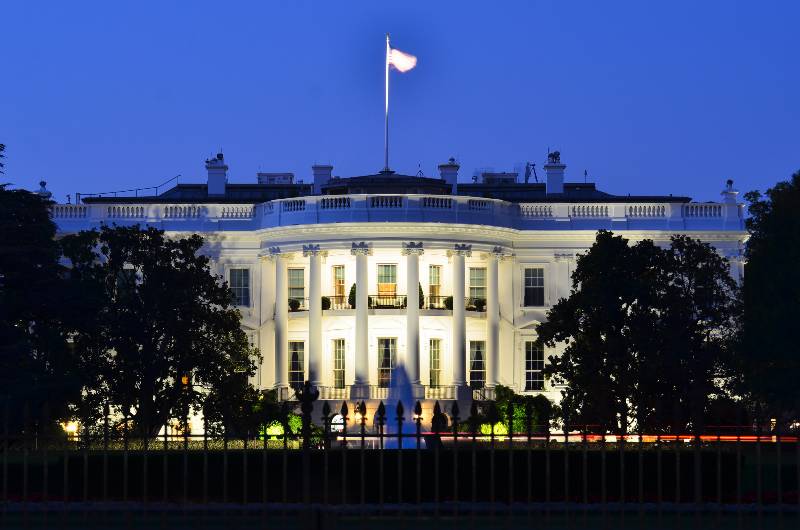News
The Biden Administration’s COVID Funding Is Nearly Out

Last Tuesday, the Biden administration warned that they are running out of COVID funding. Without a new infusion of money, they will have trouble bankrolling COVID testing, treatment, and vaccines.
RELATED: Medicare Recipients Can Avail Up to 8 Free COVID Test Kits
White House Appeals For Additional COVID Funding

The Biden White House said on Tuesday that without a new budget, the US’s current COVID funding will dry up soon.
Want to see the full article?
Click here to read the full article on breakingnewsalerts.com
By next week, the country won’t have enough booster shots and treatments for Americans. That is if Congress fails to pass the $22.5 billion new COVID funding.
On a call with reporters, senior administration officials said that the country faces another wave of COVID infections in the coming months.
This is even after the country experienced a dramatic decline in the number of daily cases, hospitalizations, and deaths. In other countries such as the UK, Germany, and China, COVID infections are on the rise once again.
Urgent COVID Funding Needed To Head Off Potential Outbreaks
Officials from President Joe Biden’s administration are warning that they need urgent COVID funding to head off another coronavirus wave. However, even their allies don't seem to view the request with urgency.
Last week, House Democrats removed $15 billion in coronavirus spending from a broader budget bill. This is after they failed to reach a bipartisan agreement with Republicans.
The GOP insisted on offsetting new COVID funding by reducing budgets for state and local governments. This is a demand not many Democrats are willing to accept.
If new COVID funding requests fail, the federal government won’t have the money to buy vaccines or antiviral pills. The government will have to make do with the 20 million already ordered from pharma supplier Pfizer.
No More Funds For COVID Testing and Monoclonal Antibody Treatments
The funds for monoclonal antibody treatments are gone as well. This includes a new order planned for later this March.
Once Congress confirms it won’t have any more new COVID funds, the federal government will need to start reducing allocations. Each state will need to reduce its allocations of monoclonal antibody treatments by30% starting next week.
Testing for COVID will also suffer. Right now, the federal government only has enough testing capacities to last until June.
However, a new outbreak can wipe out stocks long before June. The omicron wave last January depleted stocks of at-home tests and in-person clinics.
Uninsured Americans Will No Longer Have COVID Coverage
The current COVID fund will completely end in early April. This means uninsured Americans will no longer have coverage for vaccinations.
More importantly, uninsured Americans will no longer have coverage for COVID testing and treatments. The fund that covers these Americans will stop accepting new claims by the end of March.
This will force health care providers to either absorb the costs or refuse patients without the money to pay.
The lack of new COVID funding also means that the US will also lose its surveillance and research capabilities. It won’t have the advantage of funding that helped the country stay on top of how the virus mutated.
In addition, the funds needed to develop an all-around COVID vaccine and support for developing nations will disappear.
Watch the ABC 15 Arizona news video reporting that COVID-19 funding to end Tuesday will impact uninsured Americans:
What do you think will happen when COVID funding dries up in the US? Will COVID become one of those diseases that Americans will need to pay for their treatment?
Tell us what you think about the lack of federal COVID funding. Share your comments below.
You Might Also Like:
- Biden Warns US Businesses Of Russian Cyberattacks
- Russian Elites Plan To Overthrow Putin, Restore Ties With West
- Fed’s Powell Now Says That US Inflation Rate ‘Is Much Too High’
Keep up to date with the latest finance news by following us on Facebook and Instagram.



